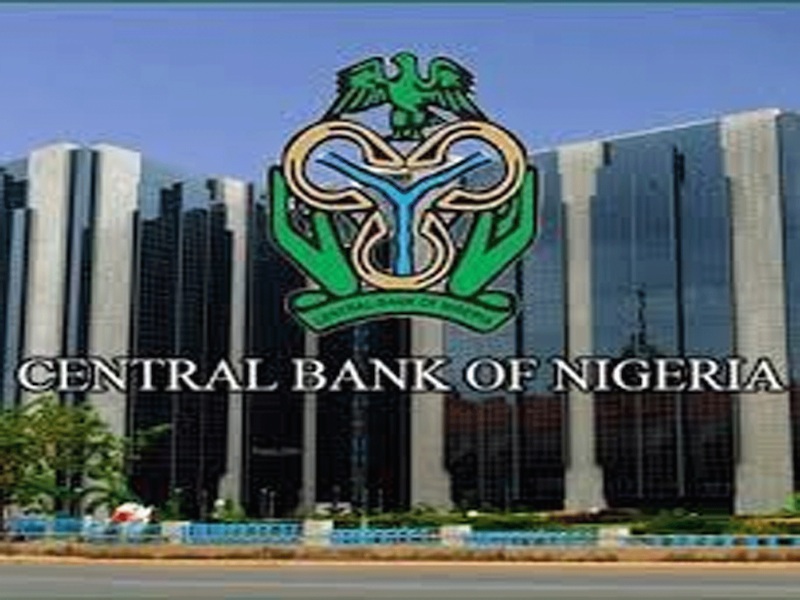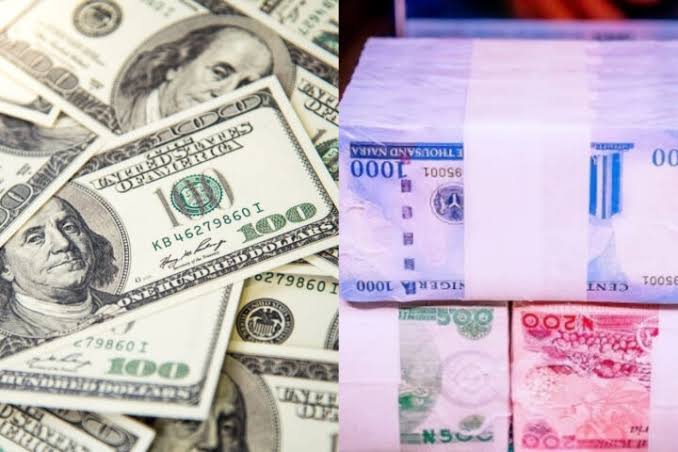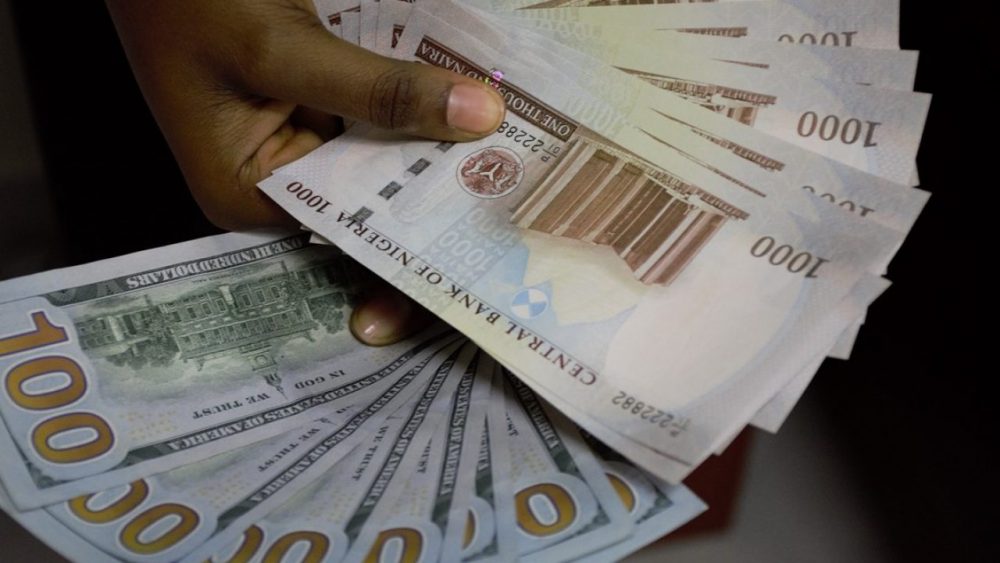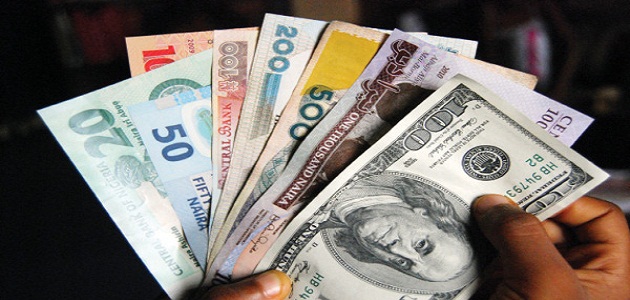The Central Bank of Nigeria’s Monetary Policy Committee (MPC) has decided to maintain the monetary policy rate (MPR) at 27 percent after its 303rd meeting held in Abuja on Tuesday.
Gatekeepers News reports that CBN Governor Olayemi Cardoso announced the decision during a post-meeting briefing.
The MPR, which serves as the anchor for all lending and interest rates in the economy, has now been held at the same level for the fourth consecutive time, following similar decisions in February, May, and July. The latest move comes shortly after Nigeria’s inflation slowed to 16.05 percent in October 2025.
Cardoso explained that the committee also approved an adjustment to the asymmetric corridor, now set at +50 and -450 basis points around the MPR. Other policy tools were left unchanged: the cash reserve ratio (CRR) remains 45 percent for deposit money banks, 16 percent for merchant banks, and 75 percent for non-TSA public sector deposits, while the liquidity ratio stays at 30 percent.
According to the Governor, the MPC opted to retain the current stance to preserve the gains made in curbing inflation. He said the committee reaffirmed its commitment to a data driven assessment of developments and outlook to guide future policy decisions, noting that headline inflation had eased for the seventh straight month in October.
Cardoso attributed the disinflation trend to tight monetary measures, exchange rate stability, improved capital inflows, a surplus in the current account, steady petrol prices, and better food supply.
Despite these gains, he warned that inflation remains elevated, stressing the need for continued pressure to bring it down. He said the committee believes holding the rate steady will allow previous tightening actions to filter fully into the real economy and help further reduce prices.
He also highlighted the stronger external sector, rising reserves, and currency stability as key factors supporting the economy.
Cardoso added that coordinated efforts between monetary and fiscal authorities have contributed to improved sovereign credit ratings and Nigeria’s removal from the FATF grey list, developments that should boost investor confidence and attract more capital into the country.







